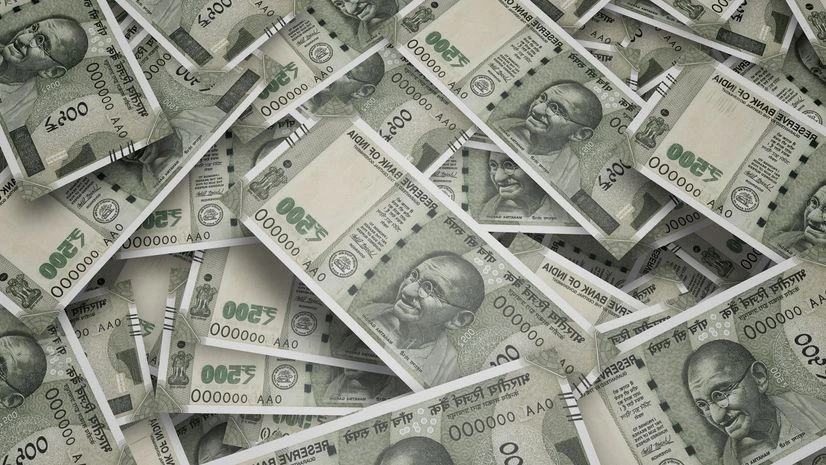Rupee hit a closing low again on Tuesday due to a sell-off in domestic equities tracking global cues; however, timely intervention by the Reserve Bank of India through dollar sales prevented the rupee from depreciating to 84 per dollar, said market participants.
The US Manufacturing Purchasing Managers' Index (PMI) fell below expectations, signalling potential economic challenges and raising speculations that the US Federal Reserve might go for a larger quantum of rate cut in September. Markets are currently pricing in a 61 per cent probability of a 25 basis point rate cut and a 39 per cent chance of a more substantial 50 basis point reduction.
The local currency settled at 83.97 per dollar on Tuesday, almost flat compared to the previous close. The previous record low of 83.97 was hit on August 13 of the current year.
“Indian rupee was again stopped near 83.9750, its lowest closing, possibly by RBI as it sold dollars to ensure it remains a touch away from the psychological level of 84.00. Risk-off sentiments ensured that markets kept buying dollars and RBI supplying them,” said Anil Kumar Bhansali, head of treasury and executive director at Finrex Treasury Advisors LLP.
The overnight fall in crude oil prices further limited losses during the day, said dealers. Crude oil prices dropped below $73 per barrel, the lowest since December 2023, amid growing concerns over increasing supplies. A potential agreement to restore oil production could add over 500,000 barrels per day to the market. Additionally, OPEC's plan to increase output in the fourth quarter, coupled with ongoing demand uncertainties in key markets like the US and China, is contributing to the downward pressure on prices.
The rupee has been trading in a narrow range of 20 paisa for the past one month. “Despite positive fundamentals, the rupee remains range-bound due to the RBI's active presence on both sides of the market,” said Amit Pabari, managing director at CR Forex.
More From This Section
The Indian rupee was the second-worst performing Asian currency in August, after the Bangladesh taka, due to strong dollar demand and outflows from domestic equities. It depreciated by 0.2 per cent during the month, with only these two currencies experiencing a decline against the US dollar over the month.

)